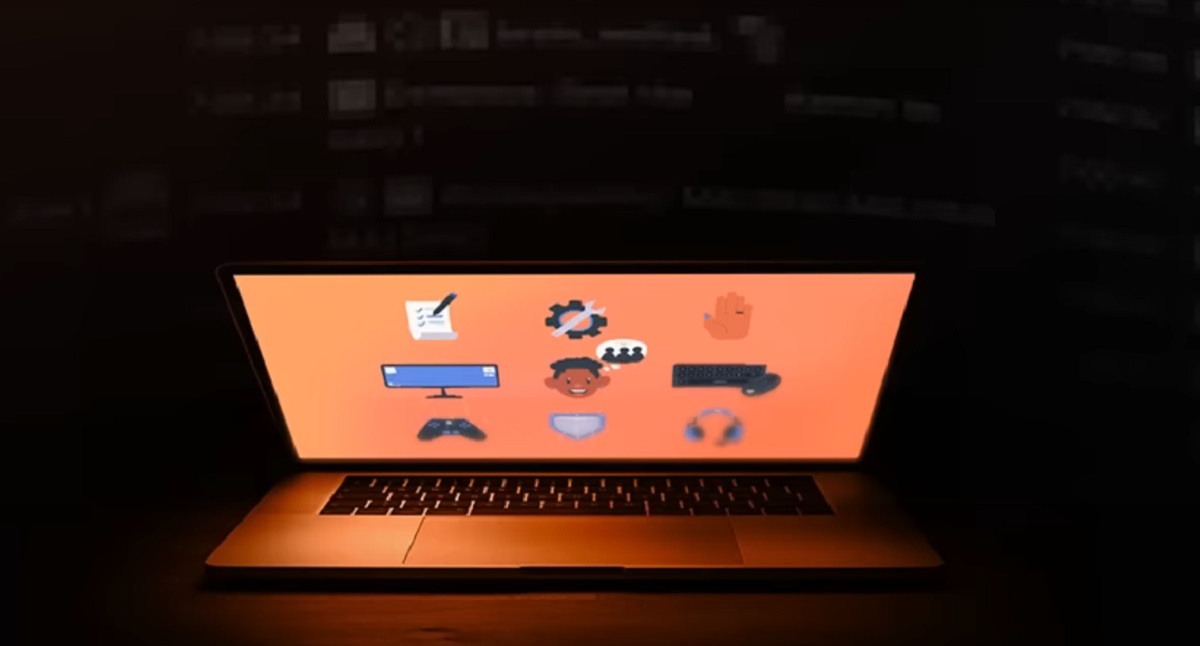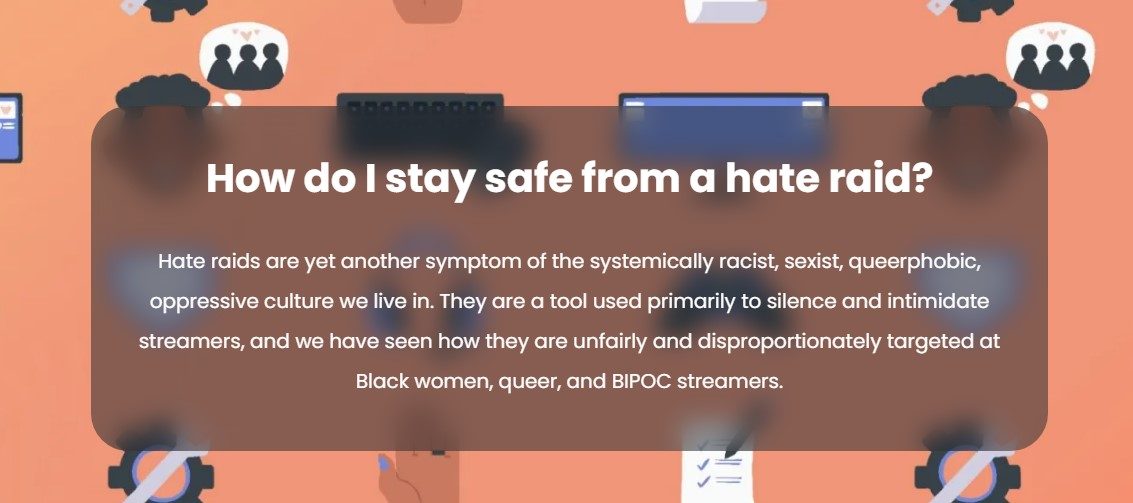Feminist Frequency Shuts Down, Leaving Behind a Legacy of Fighting Toxicity in Gaming

“Remember, it is both possible and even necessary, to simultaneously enjoy a piece of media while also being critical of its more problematic or pernicious aspects.” This quote from Anita Sarkeesian opened each video in the Feminist Frequency series Tropes vs. Women in Video Games, and it has stuck with me throughout the years. While this series was itself a continuation of the Tropes vs. Women series originally created for Bitch Magazine (RIP), it can’t be overstated how much Sarkeesian’s video game-centered series served as a watershed moment for the games industry and the media landscape at large. In 2009, Sarkeesian launched the Peabody award-winning nonprofit site Feminist Frequency, which galvanized players, developers, and fans to fight toxicity, end abuse, and make spaces more welcoming for everyone.
But that first Tropes vs. Women in Video Games essay is over 10 years old now, and the last video in that series was released 6 years ago. A lot has happened in gaming discourse since then, as sites like The Mary Sue have been inspired by Feminist Frequency and how it’s changed the way we handle media criticism online. The ongoing task of making the games industry less of a cishet boys’ club is not something that Feminist Frequency can or should be expected to solve alone. It’s only fair that Anita gets a break! And that’s essentially what she said in an announcement last month that Feminist Frequency is shutting down at the end of this year after 14 years of fighting for a more inclusive media landscape.
To answer the question as to why the nonprofit is shutting down now, Sarkeesian writes, “The best answer I can give is the honest truth: I’m exhausted. I know that it’s not unusual for nonprofits to have a life cycle shorter than a lot of people would like, but there are unique challenges when they’re so entwined with an individual (me) who has become a symbol (oops), for better and for worse.” The post goes on to outline that Feminist Frequency will gradually be ceasing operations until the beginning of 2024, with all recurring donations canceled and the option turned off to allow for new donations.
The Games and Online Harassment Hotline will shut down on September 30, with the spun-off meeting space ReSpec run independently by Hotline director and FF programs manager Jae Lin. Feminist Frequency Radio co-host Kat Spada will continue running the podcast, with Sarkeesian taking some much-needed rest and time away from mission work for a while. A final annual report can be expected in early 2024, as a closing statement of sorts with Feminist Frequency shutting down shortly afterward.
When looking at the tangible impacts of Feminist Frequency and Sarkeesian’s work, we can see changes in culture and design philosophy from game studios like Naughty Dog and Arkane. The Feminist Frequency annual reports outline multiple initiatives like The Culture Shift Project and the aforementioned Games and Online Harassment Hotline taken on top of the already incredible media criticism work that formed the early years of the nonprofit.

But the intangible effects of Sarkeesian’s presence and work online are what continue to have the most lasting impact to this day. Any marginalized person visibly online long enough knows how extremely hostile the Internet has been for Black and brown folks, queer folks, gender non-conforming folks, and women and femmes of all kinds. The conversations that we’re having right now (yes, you on the other side of the screen) of serious feminist media critique are undoubtedly thanks to what Feminist Frequency and organizations like it have pushed forward.
Unfortunately, conversations about the history of Feminist Frequency also come with a conversation about the far-right extremist movement and harassment campaigns, commonly referred to as GamerGate. I use this language carefully because as much as many news outlets suggest otherwise, any marginalized person working online today will tell you that GamerGate never really ended. Even years later, the mere mention of Sarkeesian’s name can still flood the comments section with hate. What we call GamerGate is really just a small part of the systemic problems we face with racism, misogyny, transphobia, and other forms of bigotry that are still thriving.
And Sarkeesian definitely knows this. Closing out her personal portion of the statement, Sarkeesian reminds all of us that rallying together in community is what carries the movement forward and lets us face monumental challenges like fighting toxicity and abuse across the Internet. “So please, remember to stand up for those in need of an ally, and keep being critical of the media that you love. And crucially: be kind to yourself; we’re no good to others if we don’t take care of ourselves.” I hope you’re being kind to yourself too, Anita. Thanks for everything.
(featured image: screenshot/Feminist Frequency)
Have a tip we should know? [email protected]
